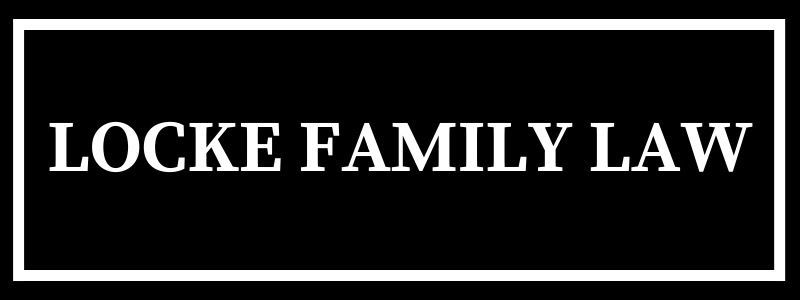How is a Wrongful Death Case Different from other Personal Injury Cases?
Aside from the obvious answer that the personal injury caused by someone else’s negligence resulted in the death of the person injured, there are several differences. The differences arise because suing someone for wrongful death is permitted by statute. Prior to enactment of state wrongful death statutes, which became more common as automobiles and automobile accidents became more common, no one could recover if a loved one was killed by the negligence of someone else. This is because, under the common law, a personal injury action was just that – personal – and the ability to sue for compensation was personal to the injured person. If they died, the ability to sue died with them.
Virginia’s wrongful death statute, Virginia Code § 8.01-50 et seq., provides that if someone is killed through another’s negligence, wrongful act, or default, if that person could have brought an action for just compensation if they had survived, then their personal representative can bring an action for compensation for the wrongful death. The personal representative is ordinarily the administrator or executor of the deceased person’s estate.
Wrongful Death Damages
Damages are also different in a wrongful death case compared to other personal injury actions. In a personal injury action, a jury can award compensation for such things as medical expenses, pain, suffering, disfigurement, scarring, other permanent injures and for future medical expenses. In a wrongful death, there is no compensation for scarring, disfigurement, pain or suffering or other things that were personal to the deceased person. The wrongful death provides for five specific elements of damage that can be recovered in a wrongful death case, although the damages may include other items. These are compensation for:
- Sorrow, mental anguish and sorrow, including the loss of companionship comfort and advice of the deceased person,
- The loss of reasonably expected income of the deceased and services ordinarily provided by the deceased,
- The expenses for the care, treatment and hospitalization of the deceased related to the injuries that resulted in death,
- Reasonable funeral expenses, and
- In a proper case, punitive damages.
Who receives the damages awarded in a wrongful death case? The wrongful death statute provides for that, too. Under Virginia’s wrongful death statute, the damages are distributed to the surviving spouse of the deceased, the children of the deceased, and the children of any deceased child of the deceased. If the deceased did not have spouse or children, the award from a wrongful death case is distributed to the deceased’s parents, brothers and sisters, and to any relative who was primarily dependent on the deceased for support and lived in the same household. If the deceased did not leave children, but left a spouse, the award is distributed to the surviving spouse and the deceased parents if they survive. The wrongful death statute also provides for distribution of the award in cases where there are no surviving spouse, children, parents or siblings. Accordingly, other legal aspects become important. For example, if a man and woman have lived together for several years, but have not married, and he is killed by the negligence of another person, she cannot recover because she is not a surviving spouse or relative even though she may have been primarily dependent on him for support and lived in the same household.
Contact a Wrongful Death Attorney
Since the elements of damage in a wrongful death case are different from damages in other personal injury cases, the presentation of evidence at trial of a wrongful death case is necessarily different. As with any type of litigation, an attorney experienced in presenting a wrongful death case to a jury can make a huge difference for the beneficiaries. The personal injury lawyers at Locke & Otto each have experience is wrongful death cases.
Contact our office to learn how we can help.
Locke Family Law represents family law and personal injury clients in the greater Richmond, Virginia metro area, and throughout Henrico County, Chesterfield County, Hanover County, Goochland County, Powhatan County, Colonial Heights, Amelia County, the City of Richmond, Louisa County, Prince George County, New Kent County, King and Queen County, King William County, Charles City County, and many other localities in Virginia.








